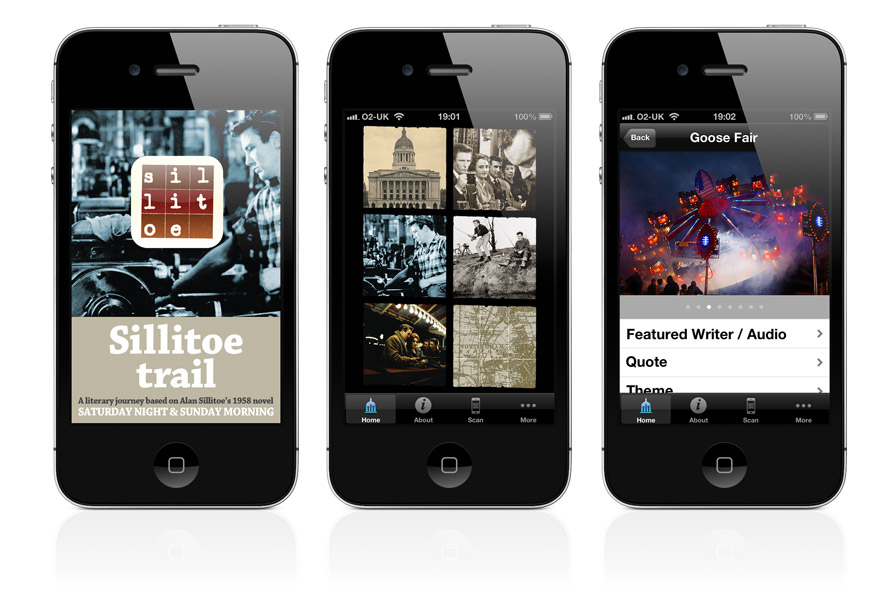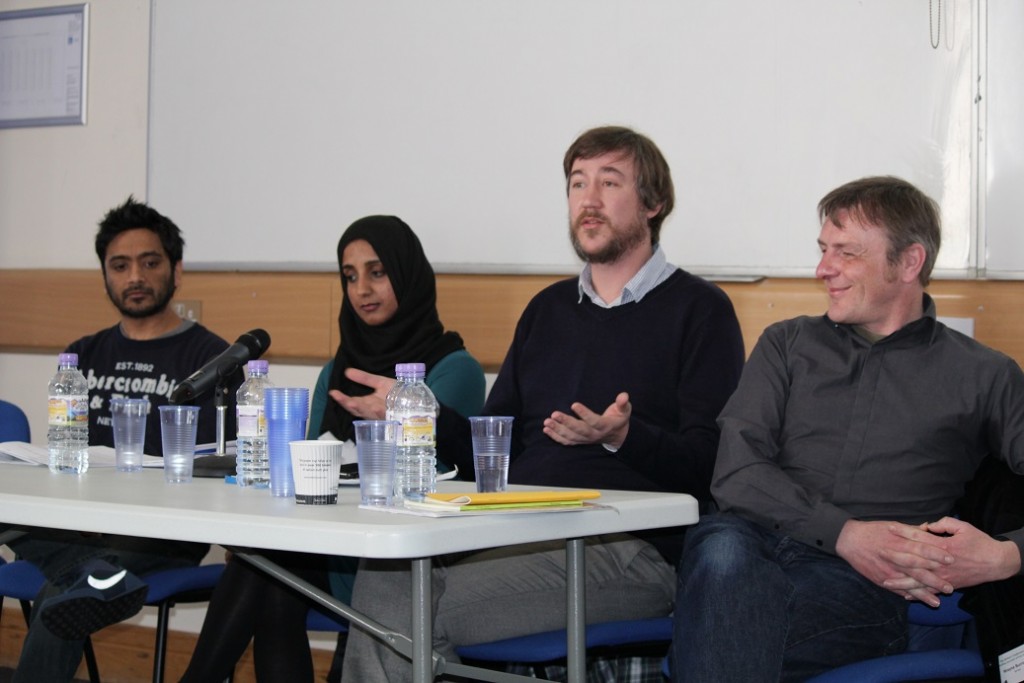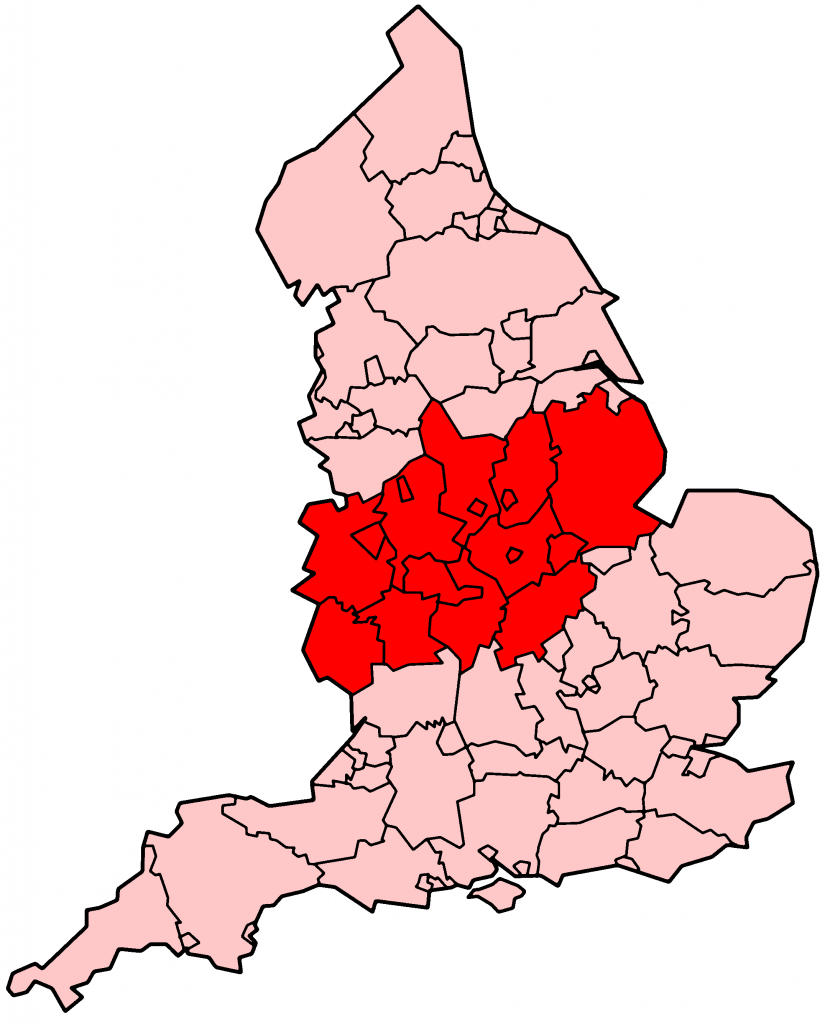On Saturday I chaired a panel at the Writers’ Conference called Working as a Writer in the Digital Age and was joined by Wayne Burrows, Farhana Shaikh and Rakesh Parmar. Digital technology offers many ways to make interactive and immersive narratives that are becoming ever more sophisticated and consequently writers are becoming increasingly experimental with their stories. Ease of publication, be it through a wordpress site or social media, means that writers now have platforms to showcase their work as well as immediate access to the mythical global audience. It’s all terribly exciting and meritocratic…and a little daunting.
Digital is a broad all-encompassing term that would require 45 years, let alone 45 minutes, to fully do it justice. But I think it’s worth summarising one key point that was raised on the day: You’re never too late to embrace digital technology because it’s constantly changing. There is no beginning middle or end. What is more important is experimenting with different platforms until you find what works for you in much the same way as you experiment with different writing styles and techniques until you find your own voice.
As promised, here is a brief outline of some of the websites that were mentioned during our discussion.
Digital doesn’t have to be funky, exciting or complex. It’s more important that it’s functional. Wayne Burrows talked about how a simple wordpress site acts as a holding space to pull all of his work together. As a practising artist (under the pseudonym of Robert Holcombe) a lot of his work is performed and exhibited live. The website acts as a portfolio of his work, enabling uploads of images and recordings of talks. Facebook is also an important part of this process as he has created a fake profile page of his pseudonym and now people are starting to believe Holcombe is actually real…
If you’re looking at experimenting with narrative and want to try a multiplatform approach as I did with the Sillitoe Trail and currently with Dawn of the Unread then have a look at transmedia storytelling or The Literary Platform. By combining different media you offer the reader unique experiences and have to think very clearly about what you’re trying to achieve. For example, I have created Twitter accounts for some of the featured writers in Dawn of the Unread so that I can tweet passages of their books. I see this as a form of literary criticism as you are reducing a book to its core essence. Adding images to tweets also creates another layer of meaning, such as with these accounts Slavomir Rawicz and Mary Howitt. Offering a novel through this medium may in turn draw attention to the main Dawn of the Unread website, where readers can go deeper into the text.
Both of my recent projects have been funded by Arts Council England but to get this funding I have had to find a lot of support-in-kind. To be clear, I am not a techie and do not know how to write code. I am an editor who turns to industry experts such as Think Amigo to visualise my ideas. If you are unsuccessful with funding, don’t give up. Universities are another option who can provide work for free in exchange for work placements.
Farhana Shaikh is the founder of The Asian Writer and enthused how the internet enables like-minded people or those with niche interests to come together such as through Leicester Writes. The major issue of the digital age is not so much creating content but sifting through the deluge of information and finding quality writing. She recommended Rebel Mouse as a very simple way of aggregating content feeds from elsewhere or Connect Curate for collaborations with other organisations. Crowd Sourcing is useful for funding projects and has helped imprints such as Unbound books. Kickstarter epitomises this new form of micro-funding but be realistic about your goals before starting. If you have a digital story and are looking for somewhere to submit it then she suggested the New Media Writing Prize or digital only presses such as Shortfire.
Peer to peer review/writer community sites:
Useful websites for submitting work
- Sabotage Reviews – review small presses and online reviews/publications/magazines
- Write Out Loud – Mainly poetry but also details fiction submissions
- Duotrope – An incredible database that enables you to manage submissions to magazines as well as find the best magazine for your story/genre.
Publishing




